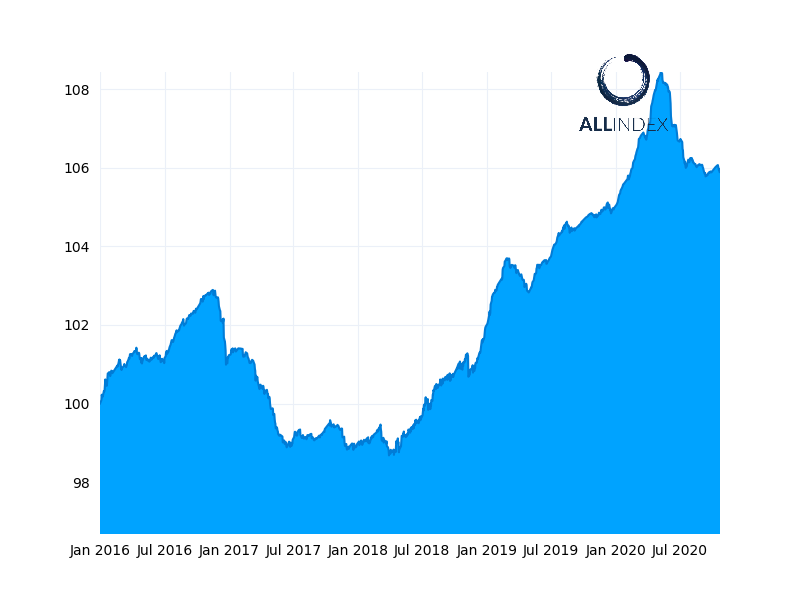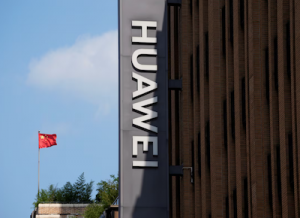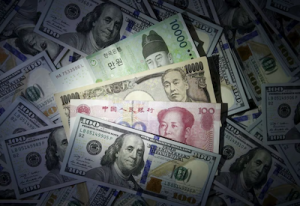(ATF) The ATF indexes remained broadly steady on Thursday, with the benchmark China Bond 50 index, the ATF ALLINDEX Enterprise and Corporates sub-gauges climbing 0.01%, while the ATF ALLINDEX Financial and Local Government sub-gauges slipped 0.01% and 0.02% respectively.
The biggest moves were seen in the bond prices of financial and industrial names.
The bonds of Shanghai Pudong Development Bank, a constituent of the China Bond 50 index and the ATF ALLINDEX Financial and last traded on 19 October, rose 0.04% for a yield decline of 0.31%.
Meanwhile, the ATF ALLINDEX Enterprise recorded gains in the bonds of Xi’An Hi-tech (0.47% for a yield decline of 0.04%) and Hangzhou Qianjiang New City (0.01% for a yield decline of 0.07%).
PBoC uncomfortable with yuan strength?
Separately, the yuan dropped to 6.6559 against the US dollar following its surge to 6.6276 the previous day, after the People’s Bank of China (PBoC) lifted its official yuan midpoint to a lower level than expected. The central bank set the rate at 6.6556, or 0.34% firmer than Wednesday’s fix, which was slightly weaker than market projections, according to a Reuters report, citing traders.
The yuan is guided by the PBoC’s daily fixing of the currency, set at 9.15am Beijing time on each trading day. Rates set at a substantially stronger or weaker level than expected are considered a signal by Beijing to the markets.
The central bank’s move could suggest that Beijing is becoming uncomfortable with the yuan’s notable strengthening recently, the Reuters report suggested.
“Year to date, CNY has appreciated by 4.3% against the USD, and 4.7% against the CFETS (China Foreign Exchange Trade System) basket,” according to UBS’ Dr Tao Wang in a research note. “Compared to the weakest level on May 27, when USD/CNY traded close to 7.2, the RMB has appreciated by 7% against the USD, and 3.4% against the basket.”
Thursday’s action came shortly after a report stating Beijing would start issuing $10bn worth of quotas under the outbound Qualified Domestic Institutional Investor scheme, which could weaken China’s currency. The scheme is designed to allow qualified domestic investors to invest into foreign markets.
























